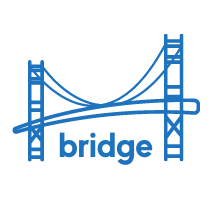Mental health sometimes requires many types of support – from intensive outpatient programs (IOPs) to support groups to monthly “tune ups”. With the rise of tele-mental health, it was only a matter of time before researchers began to look into the benefits of providing IOPs in an online format. The COVID-19 pandemic drastically increased the need to develop tele-health options for people seeking a higher level of care.
And research investigating the effects of tele-health IOP options is promising so far! Kate Gliske and colleagues found that sobriety and other outcomes were the same for a tele-health online format as for an in-person IOP program. Other research on adolescent and young adult IOPs revealed reductions in depressive symptoms, suicidal ideation, and self-harm.
Pros: Transportation issues can be a major barrier to accessing IOP programs. Online IOP options should be especially beneficial to those living in remote areas or facing time constraints for travel to and from sessions. Virtual services may also provide a greater level of flexibility for both clients and providers. These services also allow for a greater access to more tailored programs. Clients can pick programs more suited to their personal needs and not simply based on physical proximity.
Limits: These results appear promising (and they may be!), but context is key. The global health crisis may have influenced results of these studies. Both studies also only followed up three months after the completion of the program. It is unclear if effects of tele-health IOPs continue for longer periods.
Initial results suggest tele-health IOPs are a promising new treatment format! More research is needed, but this approach could improve IOP access for a ton of people who need it.









